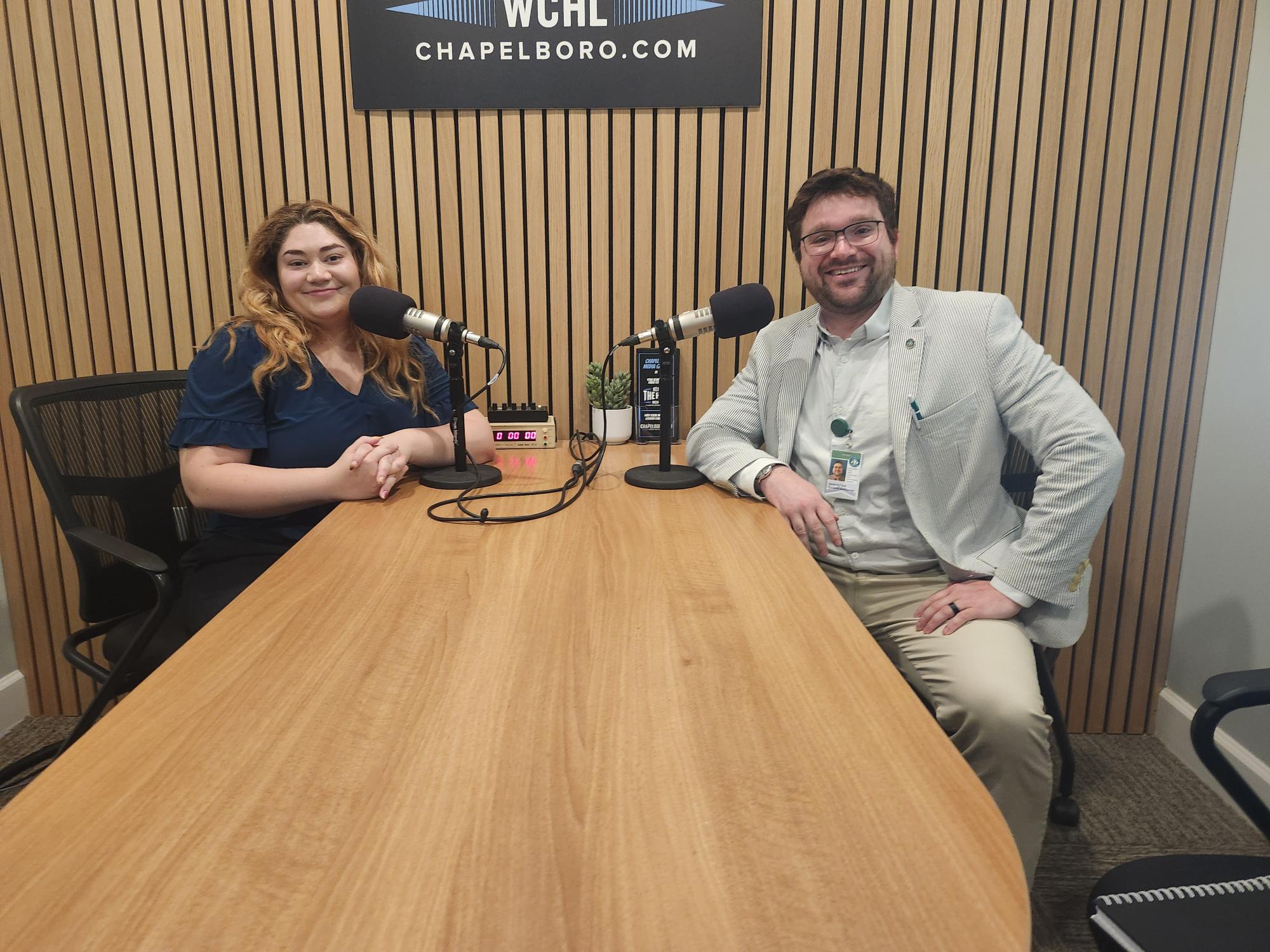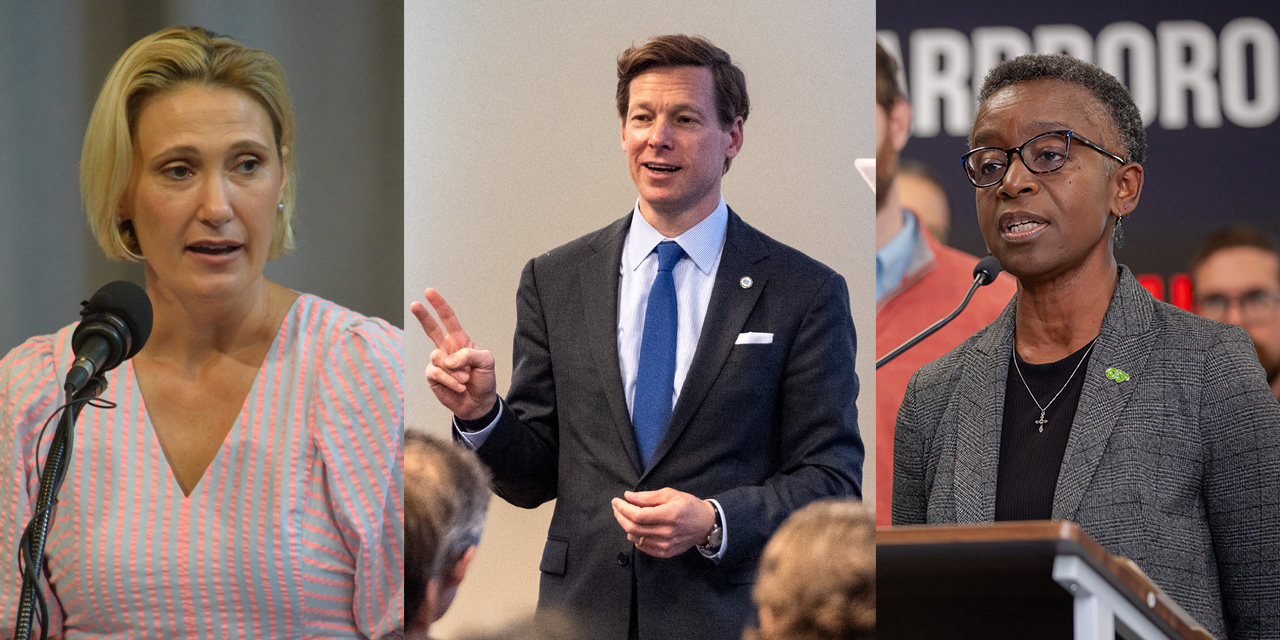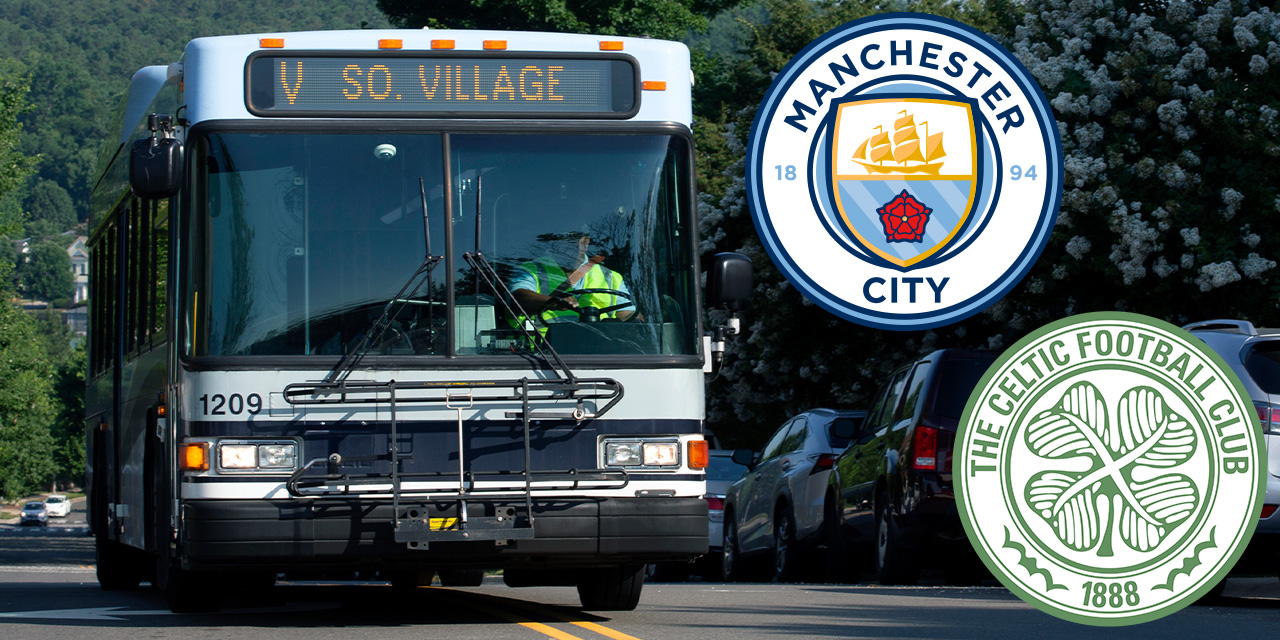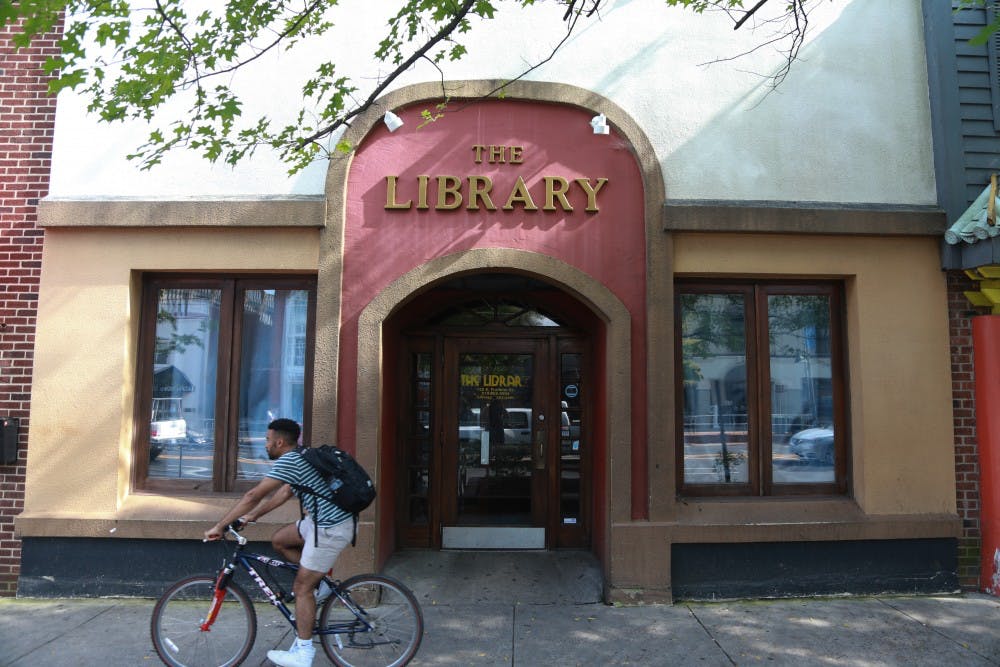UNC and the Town of Chapel Hill announced their new “Party, Police Free” initiative last week.
The initiative gives students the chance to register their weekend parties online with the Office of Community Involvement. If the police receive a noise complaint, the students are contacted via text or phone call and given a 20-minute window to quiet or disband the event.
Police will only visit the party is another call is received, helping police reserve resources and giving students more autonomy in their relationships with their neighbors.
UNC-Chapel Hill’s Executive Director of Off-Campus Student Life and Community Partnerships Aaron Bachenheimer calls the program a “win, win, win”.
“It’s a win for the person who’s calling to complain because they get a more efficient and effective response in terms of the time from call to the noise being addressed, it’s a win for the student, because the student is empowered to address the concern without having a police officer show up at their front door, and it’s a win for the police department because I think they can more effectively manage their resources,” said Bachenheimer.
Similar programs are already in place at University of Massachusetts Amherst, Colorado State University, and University of Colorado-Boulder, the last of which the Chamber of Commerce visited to witness the program first-hand.
“We used elements of what they have done in those other places, but really tailored it to the needs and the specificities of our communities and we’re excited about the launch,” said Bachenheimer.
Bachenheimer says that while the program is popular now at those other schools, it took a while to catch on. He believes the same will happen at UNC.
“I think there’s an understandable element of trust-building that needs to happen, and a lot of that will happen through word of mouth of students who are what we might call ‘early-adopters’ of these kinds of things,” said Bachenheimer. “As they realize that this isn’t tipping anybody off to anything, the police aren’t going to be more likely to show up because they’ve registered, but in fact this results in less likelihood of police showing up at their door.”
The program is currently in effect.
Related Stories
‹

Multiple UNC Football Players Facing Reckless Driving ChargesSeveral UNC football players are facing charges of reckless driving, speeding and other violations. An investigation by WRAL, originally published Monday afternoon, reported that “nearly 20 percent” of UNC’s 101-man roster has been cited for speeding since October of 2024. The investigation named three specific players: linebacker Khmori House, safety Gavin Gibson and cornerback Thaddeus […]

Our Town: The Story of Economic Development in Chapel HillThis month, David Putnam and Sarah Potter, tell the story of economic development and their work to support and create a vibrant business community – so that Chapel Hill can thrive now and in the future.

Orange County Leaders React to Threat of Funding Freeze, Impact of Executive Orders from Trump AdministrationOrange County's elected leaders and UNC's chancellor shared their reactions to the threat of halted federal funding by President Trump's administration.

Donovan Livingston Selected as Chapel Hill's Latest Poet LaureateDonovan Livingston, a spoken word poet and UNC educator, is the latest Chapel Hill Poet Laureate as the town announced Wednesday.

No More Coal? Chapel Hill Prepares for Hearing on UNC's Co-Gen Plant and Potential New Fuel SourceChapel Hill Town Hall will host a hearing on Thursday to take comments on a potential alternative fuel source for UNC's cogeneration plant.

Here’s What to Know Ahead of the Manchester City v. Celtic FC Friendly in Chapel HillThe FC Series matchup, the second of which to be held at Kenan Stadium in Chapel Hill, is once again set to be a major event within the town.

Community Members, Alumni Share Messages of Support for UNC After ShootingFollowing news of an armed and dangerous person on the UNC campus, community members from around Chapel Hill, current UNC students and alumni shared messages of support online. Both as the events of the afternoon unfolded, and after learning that a faculty member was shot and killed, people shared their reactions to social media. That […]

East Franklin Street Property, Former Home of 'The Library,' SoldThe property at 120 East Franklin Street in downtown Chapel Hill has been sold. The property was most recently the home of the bar The Library, which closed in June of 2021. The 120 East Franklin property is located on the same block as UNC’s planned Admissions and Visitor Center. The property was sold to […]

'Football As It Should Be': Chelsea and Wrexham Show Off Chapel Hill to the WorldChelsea beat Wrexham 5-0 in Kenan Stadium Wednesday night, and Chapel Hill won. Fans from all over the country and the world flocked to Orange County to watch a soccer game in the dog days of July, which would have seemed like a pipe dream even six months ago. Actually, whatever the fanciful stage of […]

Chelsea vs. Wrexham: How to Watch, Cord-Cutting Options and Kickoff TimeChelsea and Wrexham will take the pitch inside Kenan Stadium Wednesday night in front of a sold-out crowd and a national television audience. The match may only be a friendly exhibition, but it will provide American fans a rare opportunity to see European soccer clubs play in the United States. If you aren’t going to […]
›











